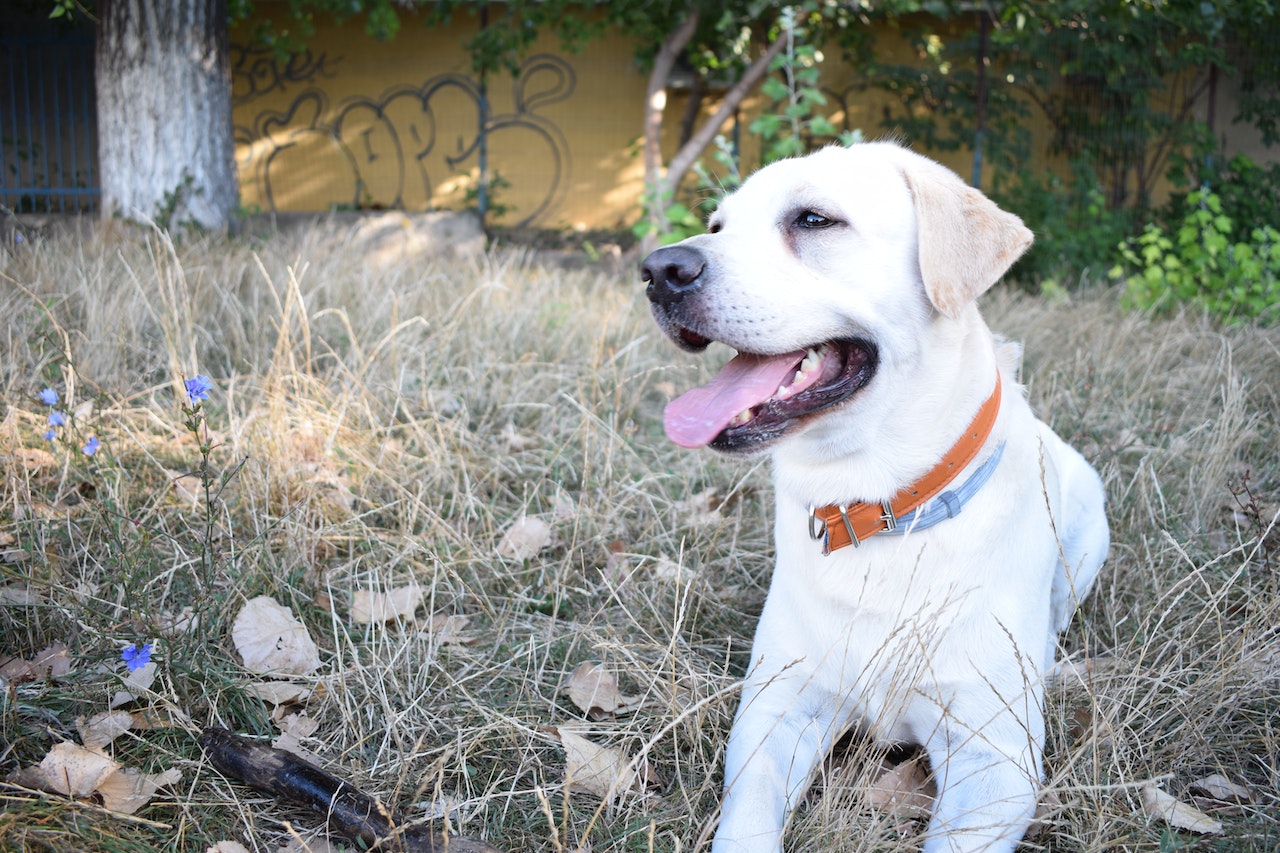How to Play with Puppy without Encouraging Biting
When it comes to playing with a Labrador puppy, it’s important to strike the right balance between fun and teaching good behaviour. One common challenge that many puppy owners face is dealing with biting during playtime. While puppies naturally explore their world with their mouths, it’s crucial to discourage biting behaviours early on to prevent any potential issues in the future.
To play with a Labrador puppy without encouraging biting, there are a few strategies you can employ. Firstly, always have appropriate chew toys or interactive toys nearby during playtime. Whenever your puppy starts nipping or biting at your hands or clothing, redirect their attention towards these toys instead. This helps them understand what items are acceptable for chewing and encourages positive chewing habits.
Another effective technique is using positive reinforcement. Whenever your Labrador puppy plays gently without resorting to biting, praise them enthusiastically and offer small treats as rewards. This reinforces the idea that gentle play is encouraged while rough play is discouraged.
Remember, consistency is key when teaching your Labrador puppy not to bite during playtime. By following these strategies and providing plenty of mental and physical stimulation through games and exercise, you’ll set a solid foundation for well-behaved and enjoyable play sessions with your furry friend.
Choose the Right Toys for Your Labrador Puppy
When it comes to playing with your Labrador puppy, it’s crucial to select appropriate toys that not only provide entertainment but also encourage positive behaviour. Here are some tips on choosing the right toys for your furry friend:
- Durable and Chew-Resistant: Labs are notorious for their strong jaws and love of chewing. Opt for toys made from durable materials such as rubber or nylon that can withstand vigorous play sessions without falling apart. Look for labels indicating “chew-resistant” or “indestructible” to ensure longevity.
- Size Matters: Consider the size of the toy in relation to your puppy’s mouth. Avoid small toys that could pose a choking hazard, especially during the teething stage when puppies tend to chew more aggressively. Choose appropriately sized toys that can be easily carried and manipulated by your Lab.
- Interactive Toys: Labs are highly intelligent and active dogs, so keeping them mentally stimulated is essential. Select interactive toys that challenge their problem-solving skills or offer opportunities for food puzzles or treat dispensers. These types of toys provide both mental stimulation and a tasty reward, keeping your Lab engaged for longer periods.
- Variety in Texture: Providing different textures through various toy choices can help satisfy your Lab’s natural urge to chew while preventing them from developing a preference for inappropriate items like furniture or shoes. Include toys with different textures such as soft plush, rope, and harder surfaces to keep their interest piqued.
- Engage Their Retrieval Instincts: Retrieving is an instinctual behaviour in Labs, so incorporating fetch-friendly toys into playtime is ideal. Tennis balls, frisbees, or specially designed retrieval dummies are great options to satisfy their natural instincts while providing an outlet for physical exercise.
Remember, always supervise playtime with your Labradors and regularly inspect their toys for any signs of damage or wear and tear. Discard any broken toys that could potentially harm your puppy. By choosing appropriate toys, you’ll not only keep your Labrador entertained but also promote positive play and discourage biting behaviours. Labradors are known for their high energy levels and playful nature, making them a popular choice for families and individuals looking for an active companion. However, it’s important to provide both mental and physical stimulation to keep your Labrador engaged and prevent unwanted behaviours such as excessive biting.
